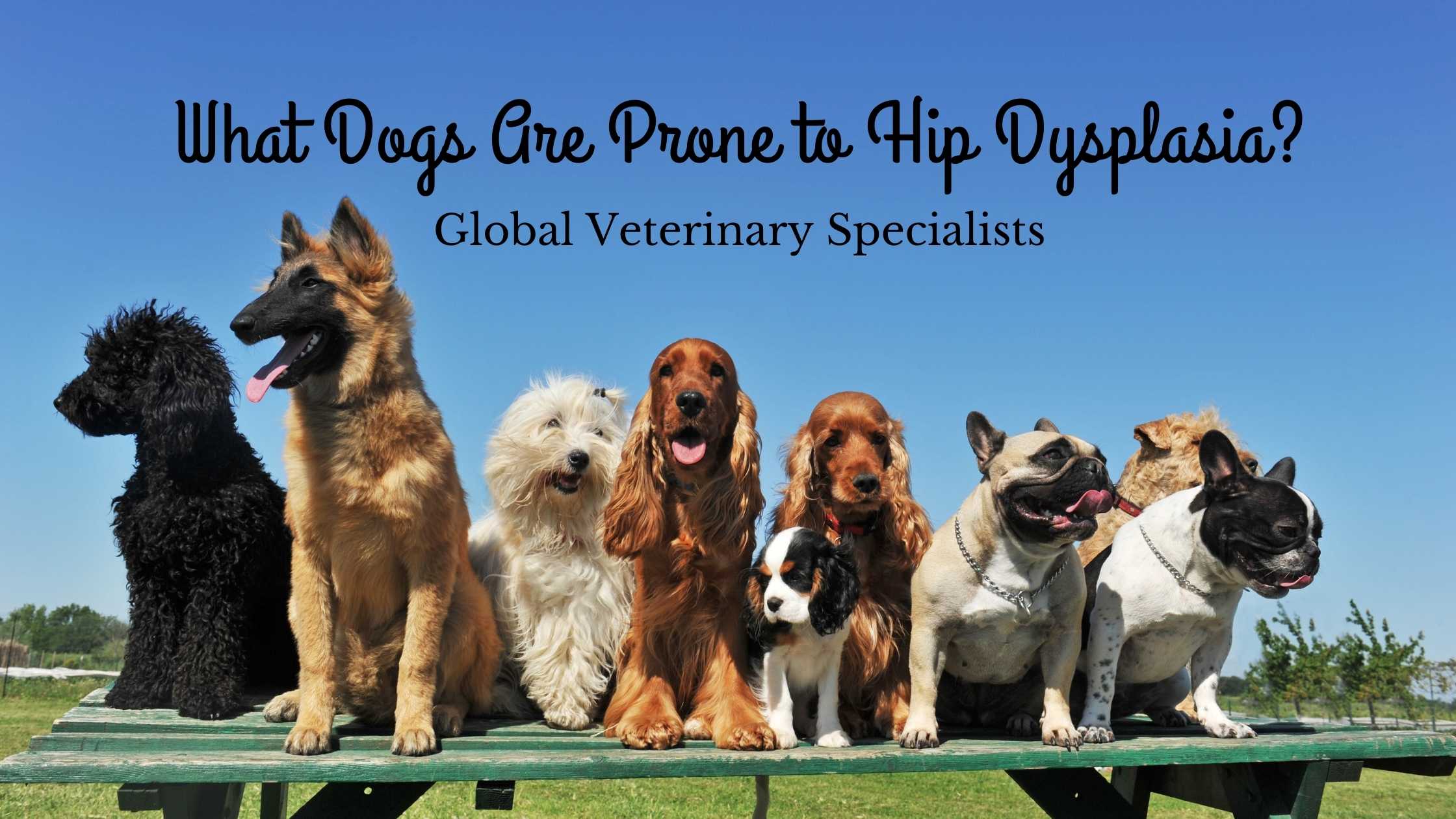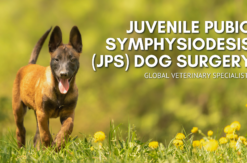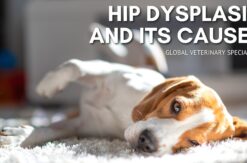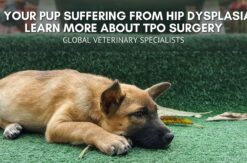Hip dysplasia (HD), while more common in popular medium and large breeds, can reduce the quality of life for dogs of any size or breed. The condition has also been reported in cats. Although the exact cause is multi-factorial, it develops when the bones and soft tissues develop at a disproportionate rate, resulting in abnormally shaped bones. These abnormalities inhibit the ball and socket from fitting together as they should, causing joint laxity, leading to inflammation and lameness.
HD is most seen in these dog breeds:
- Labrador Retriever
- Mixed Breed Dog
- Golden Retriever
- German Shepherd
- Rottweiler
- Australian Shepherd
- Border Collie
- German Short Hair Pointer
- Cavalier King Charles Spaniel
- Pug
- Jack Russel Terrier
- Chow Chow
- Springer Spaniel
- Old English Sheepdog
- Pit Bull Terrier
- Boxer
- Shetland Sheepdog
- Newfoundland
- Great Pyrenees
- Bernese Mountain Dog
- Siberian Husky
- Akita
- Malamute
- Airedale Terrier
- Keeshond
- Samoyed
- Standard Poodle
However, it is essential to remember that HD can occur in dogs of any breed or size and cats.
Diagnosing and Treating Hip Dysplasia
A diagnosis of hip dysplasia is made after the completion of a comprehensive physical and orthopedic examination. The patient’s history is also reviewed to determine if other causes of hind limb lameness are present. Final diagnosis is made only after radiographs are obtained and reviewed. Treatment options, which usually vary depending on the individual animal, are then discussed.
One of the best treatment options to consider is a total hip replacement (THR).
A THR is designed to eliminate pain and restore function that mimics normal function immediately. It is regarded as the gold-standard surgical option for treating dogs and cats diagnosed with HD, mainly when the condition is moderate or severe. Global Veterinary Specialists skilled, board-certified veterinary surgeon, Dr. Liska has successfully performed more than 100 THR procedures on dogs and cats of all sizes.
Schedule an Appointment Today
Global Veterinary Specialists recognize that dogs and cats encounter orthopedic injuries, disabling difficulties, and diseases that can affect their quality of life. Each GVS surgeon has more than twenty years of experience treating complex problems that may arise in your pets.
We are teachers, mentors, inventors, clinical researchers, and surgeons driven to achieve excellence for every animal. Please contact us today to learn how we can help restore your pet’s quality of life.



